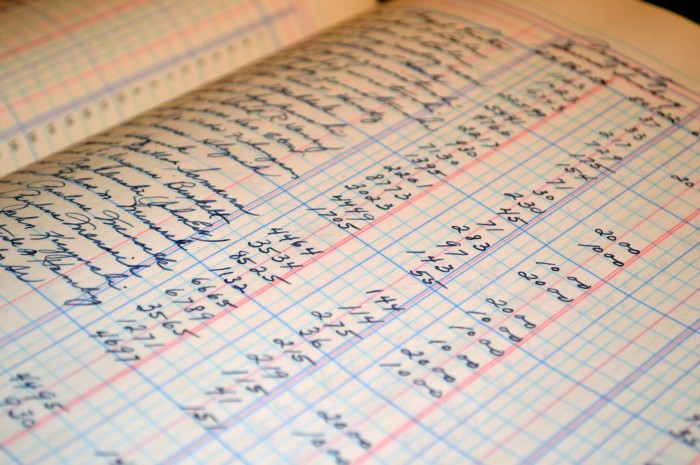Filing Taxes for your Canadian Short-Term Rental

As of yet, Airbnb does not charge taxes from its hosts’ income — this does not mean it is not taxable income. As an Airbnb owner, you need to ensure you declare any rental income to the Canadian Revenue Agency (CRA). We have provided some guidelines to help you navigate the tax requirements.
Declaring Rental Income
When owning and operating an Airbnb / short-term rental, there are two types of income to declare:
Rental Income: Income received from renting out your property (either short-term or long-term) needs to be declared using form T776 (Statement of Real Estate Rentals). The income will need to be included on line 126 of your federal return.
Business Income: Business income will not apply to most Airbnb owners, unless you own your property through a business. The exception would be if you provide additional services to your guests for a fee, such as tours, laundry or meals. Consult your accountant to understand the requirements that may apply to your specific case.
Tax deductible expenses
Some expenses for your Airbnb qualify as tax deductible, and generally fall into two categories. Current expenses, which are ongoing-period expenses that don’t necessarily provide a lasting benefit, such as hydro bills. Capital costs, which generally have a longer lasting benefit or advantage.
If you do not rent out your entire place, those expenses will need to be claimed on a pro-rata basis to the portion of the house that is rented.
Going Forward
These guidelines provide an overview of the different items to consider when filing your taxes as a short-term rental owner. This industry is in constant evolution and so keep in mind that they may change in the future. Should you have any questions, please contact us and we will refer you to one of our tax partners who specialize in short-term rentals.
